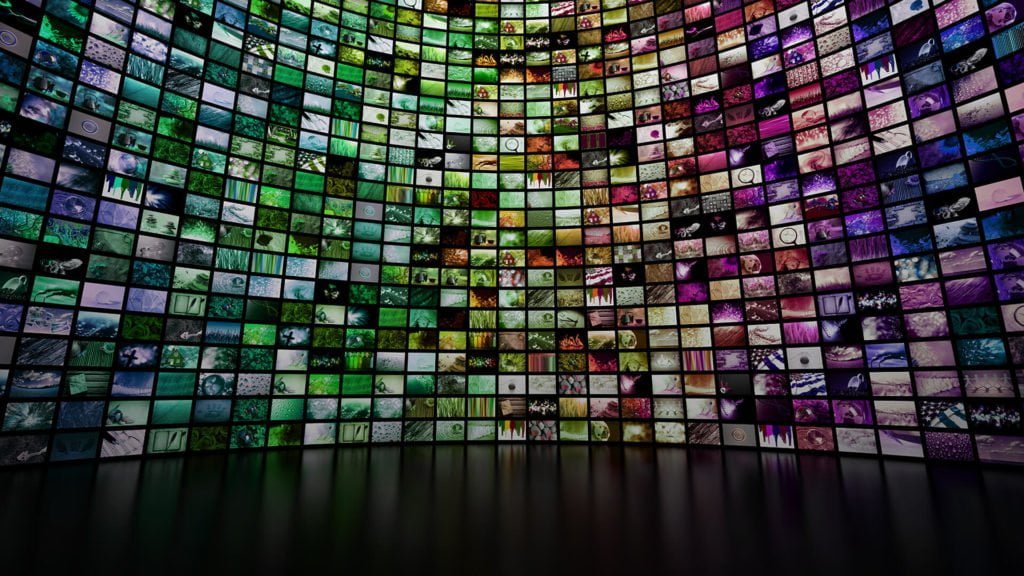
As expected, the Federal Communications Commission (FCC) has voted 3 to 2 along party lines to repeal net neutrality. This happened despite widespread public opposition, comment fraud by repeal supporters and the last-minute request of Republican Sen. Susan Collins to delay the vote.
FCC Chairman Ajit Pai, a former Verizon lawyer, has mocked and called net neutrality supporters’ dire predictions “hysterical.” His claims, that repeal won’t impact consumers or access to content and will instead boost investment and help the economy, are dubious and are contradicted by past evidence.
The repeal of the 2015 rules, passed during the Obama administration, now permits telcos and ISPs to create fast and slow lanes to prioritize or discriminate against content types or publishers. It will also likely reinforce the dominance of big companies who can afford to pay for their content to be expedited and harm smaller publishers and startups that don’t have the resources to do so.
While the precise impact still remains to be seen, although there are plenty of indicators (past bad behavior, dysfunctional international markets), we can now expect the internet to look a lot more like cable TV, with content bundles and “premium” packages.
ISPs lobbied aggressively and spent heavily on campaign contributions for the repeal. That effort dovetailed with the Trump administration’s philosophical and policy shift from protecting consumers to promoting the interests of large corporate entities.
Beyond the freedom to extract more money from publishers and consumers — the FCC claims it’s restoring “internet freedom” — the ISPs seek to create tiered and bundled pricing because they have not been able to make money from internet advertising and their cable businesses are faltering.
As cable TV subscriptions declined in favor of OTT content access, the ISPs and telcos weren’t going to stand by and allow the transfer of cable TV subscription and ad revenues to Netflix, Google and Amazon.
The battle now moves to the courts, where plaintiffs (potentially state attorneys general, consumer groups and some private companies) will argue that a political-ideological shift in the composition of the FCC doesn’t justify the rule change by itself. The irregularities and fraud in the comment process may also make their way into the litigation.
If litigation doesn’t succeed in stopping the repeal, then the ballot box is the next battleground.
[This article originally appeared on MarTech Today.]

